
Background information
Security alert: Meitu - the app catapults your personal data to China
by Dominik Bärlocher

US President Donald Trump is to ban TikTok in the USA by executive order. In short: this small act is politically challenging, possibly relevant to human rights and quickly becoming more complex.
Well that's an interesting headline: US president wants to ban the social network TikTok in the USA. Influencers are fearing for their jobs, users need their entertainment and parasocial interaction. But then Microsoft jumps in. Or Byte. And nothing's clear anymore. Time to take a closer look at this mess.
On Thursday, 6 August 2020, US President Donald Trump officially declared TikTok and WeChat a «National Emergency». On the justification that these two Chinese apps allow user data to flow into China.
Donald Trump's approval follows a request by Republican Senator Josh Hawley of Missouri, who in March demanded that TikTok shouldn't be installed on government equipment. Hawley only wanted to ban TikTok on equipment belonging to government politicians and contractors. According to Hawley, the term «TikTok ban» doesn't just concern one app, but rather all apps by developer ByteDance based in Beijing, China.
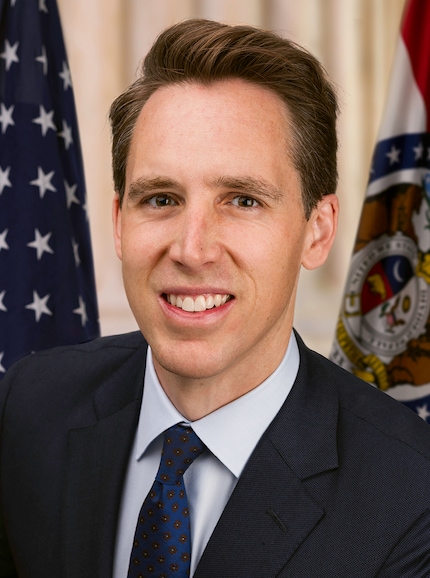
no employee of the United States, officer of the United States, Member of Congress, congressional employee, or officer or employee of a government corporation may download or use TikTok or any successor application developed by ByteDance or any entity owned by ByteDance on any device issued by the United States or a government corporation.
In the wake of Bill p.3455, Donald Trump invoked the International Emergency Economic Powers Act (IEEPA). This Act allows the prohibition of «economic transactions» between US individuals and entities and foreign individuals or entities.
In a legal context, US President Donald Trump is personally responsible for the sanctions against TikTok. In an Executive Order, which can only be approved by the President of the United States of America.
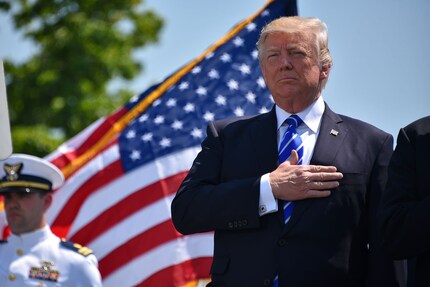
Donald Trump writes:
TikTok automatically captures vast swaths of information from its users, including Internet and other network activity information such as location data and browsing and search histories. This data collection threatens to allow the Chinese Communist Party access to Americans’ personal and proprietary information — potentially allowing China to track the locations of Federal employees and contractors, build dossiers of personal information for blackmail, and conduct corporate espionage.
But concerns over espionage weren't the only thing that prompted Donald Trump to impose sanctions. He's also concerned about censorship by the Chinese government.
TikTok also reportedly censors content that the Chinese Communist Party deems politically sensitive, such as content concerning protests in Hong Kong and China's treatment of Uyghurs and other Muslim minorities. This mobile application may also be used for disinformation campaigns that benefit the Chinese Communist Party, such as when TikTok videos spread debunked conspiracy theories about the origins of the 2019 novel Coronavirus.
Donald Trump thus wants to use sanctions to send a message against the oppression of minorities in China, especially Muslims and Uyghurs. He also wants to prevent the social video portal from being used for disinformation campaigns.
On 11 August 2020, we still don't clearly know whether and how the TikTok ban will be implemented. From the signing of the IEEPA document, ByteDance has 45 days to respond in a manner compliant to US demands. This means that the sanctions will take effect on Sunday, 20 September 2020 at the earliest.
TikTok isn't the only app affected by Trump's IEEPA emergency. WeChat will also see limited use starting September 20th.
The Chinese app WeChat is particularly popular in China. It's considered a de facto standard messenger over there, similar to WhatsApp here. But WeChat has far more functions than WhatsApp and replaces apps by many other manufacturers.
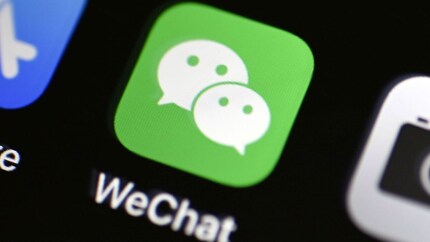
Outside China, however, TikTok is more widely used than WeChat, which is why reporting is limited to TikTok for reasons of relevance to everyday life.
The app League of Legends, a roleplaying game, is also affected.
TikTok itself isn't available in China. A sister app called Douyin is active on the Chinese market. It complies with all Chinese government regulations and maintains Chinese data isolation from the outside world. Douyin is identical to TikTok in concept and use.
As I'm writing this, the exact implementation of the TikTok ban can only be speculated about. However, we can currently assume that the apps will simply disappear from Apple's App Store and the Google Play Store.
This would mean that existing installations of ByteDance's apps remain, but wouldn't receive any updates. In this scenario, the app could be kept up-to-date on Android via third party app stores such as APKPure.
A second possible scenario is that Trump's government could force major mobile and Internet service providers to block traffic between their customers' devices and ByteDance's servers. This would make it impossible for any customers on these providers' network to use TikTok.
There is uncertainty among users and legislators, as the IEEPA's use of the term «transactions» is rather vague. Is traffic defined as a transaction by the IEEPA? Maybe. Are In-App purchases transactions as defined by the IEEPA? Who knows? In purely economic and technological terms, both are transactions. Still, the question remains : what exactly will the Trump administration define as a «transaction»?
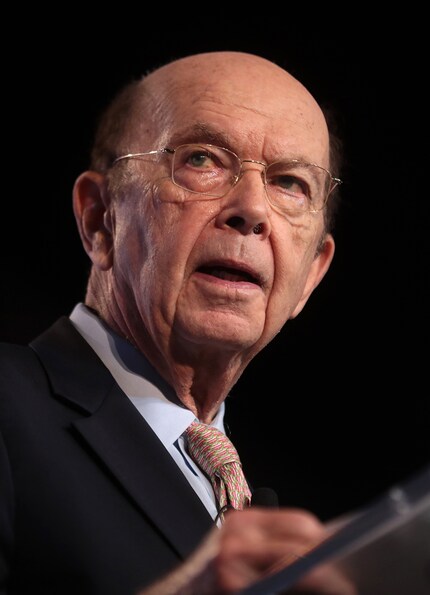
The question of transactions is being investigated by the Secretary of Commerce, Wilbur Ross, and his department. He has until Sunday, September 20 2020, to define these terms in the context of WeChat and TikTok.
We also don't know what TikTok will look like for the average user after 20 September 2020. If the traffic for a theoretical US-based TikTok were to run via separate servers, a third TikTok could be created in addition to TikTok and Douyin. If all of TikTok is defined as a transaction, TikTok and Douyin will probably stay as they are now.
Trump's government itself is keeping its head down with statements on the TikTok ban as of writing. But Bill p.3455 by Republican Senator Josh Hawley from Missouri gives us some insight.
Hawley and his political allies are worried about possible data collection. Their fears: Chinese apps could tap data or metadata from the devices of government officials and transmit it to the Chinese government. Even if an official in the USA doesn't share videos, the app requires the following permissions to work
This ensures the basic functionality of the app. But TikTok demands even more:
Some of these permissions are easy to explain. «Control Flashlight» controls the camera flash. But why does the app need to know the settings of your home screen and your shortcuts?

The accusations don't seem completely groundless. On August 11, 2020, the Wall Street Journal revealed that TikTok built a tracking mechanism into its Android app that sends a directly identifying set of user data to TikTok. This includes the MAC address of your device, which only your device knows.
The identifiers collected by TikTok, called MAC addresses, are most commonly used for advertising purposes. The White House has said it is worried that users' data could be obtained by the Chinese government and used to build detailed dossiers on individuals for blackmail or espionage.
Users weren't given the opportunity to opt out of this data collection. Even more, the collection is hidden behind additional encryption.
In China, developers have been required by law to collect metadata from all app users since August 1, 2016.
What the government does with this data is unknown. However, we can assume that the data could be used to either identify government critics and other undesirables or to provide further evidence in the proceedings against them.
TikTok manufacturer Bytedance specifies which data is collected when using the app and how the manufacturer handles it:
We collect certain information from you when you use the Platform including when you are using the app without an account. Such information includes your IP address, instance IDs (which allow us to determine which devices to deliver messages to), mobile carrier, time zone settings, identifier for advertising purposes and the version of the app you are using. We will also collect information regarding the device you are using to access the Platform such as the model of your device, the device system, network type, device ID, your screen resolution and operating system, audio settings and connected audio devices. Where you log-in from multiple devices, we will be able to use your profile information to identify your activity across devices.
That’s not all:
When you use the Platform on a mobile device, we will collect information about your location in order to customise your experience. We infer your approximate location based on your IP address. In certain jurisdictions, we may also collect Global Positioning System data.
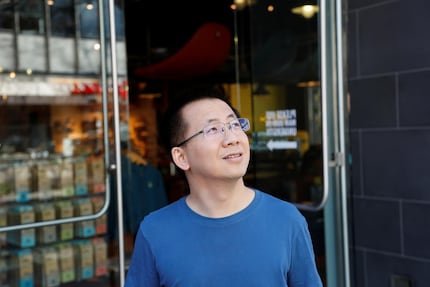
But wait, there's more:
We use your personal data to find matches based on your contact information and your address book. However, your contact information and your address book is private and will not be disclosed. We use a technical system to find matches without sending your own information or your address book to us in plain text.
The technological implementation of the TikTok ban is one question. Another interesting aspect surrounds the political and human rights legitimacy of the ban. It is possible that use of the app falls under freedom of speech in a legal sense.
Freedom of speech in the United States is enshrined in the First Amendment of the United States Constitution and prohibits the government from imposing sanctions that restrict freedom of speech.
Congress shall make no law respecting an establishment of religion, or prohibiting the free exercise thereof; or abridging the freedom of speech, or of the press; or the right of the people peaceably to assemble, and to petition the Government for a redress of grievances.
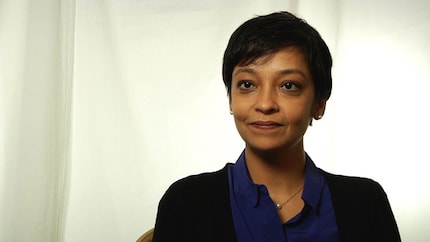
Hina Shamsi, National Security Head of the American Civil Liberties Union, does raise this point.
Trump's executive orders against WeChat and TikTok are yet another abuse of emergency powers under the broad guise of national security. They would violate the First Amendment rights of users in the US who use these apps to communicate with family, friends, or business contacts.
If the TikTok block is indeed considered by lawyers and courts to be a restriction on freedom of speech, it would be inadmissible. Despite any IEEPA claims, Donald Trump couldn't ban the app and its use.
Currently, the safest way to ensure that TikTok can continue to exist in the USA is to move. If ByteDance sells TikTok, the service is no longer a ByteDance app. That would take care of Hawley's Bill. Trump's IEEPA speaks only of TikTok in its current framework, but becomes more general in the sanctions:
Accordingly, I hereby order: Section 1. (a) The following actions shall be prohibited beginning 45 days after the date of this order, to the extent permitted under applicable law: any transaction by any person, or with respect to any property, subject to the jurisdiction of the United States, with ByteDance Ltd. (a.k.a. Zìjié Tiàodòng), Beijing, China, or its subsidiaries, in which any such company has any interest, as identified by the Secretary of Commerce (Secretary) under section 1(c) of this order.
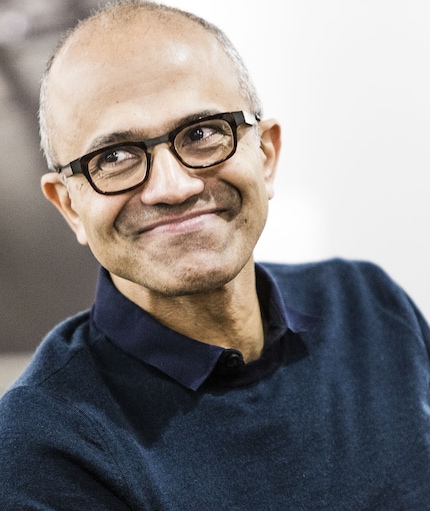
So the solution seems to be simple: if ByteDance sells TikTok, the app can be saved. However, the app can't be sold to a daughter or sister company of ByteDance. This means that ByteDance Zurich – if this office existed – couldn't be allowed to take control of TikTok.
TikTok's rescue is an economic decision. ByteDance needs to run the numbers. How does the Beijing App Studio benefit more?
What isn't included in these calculations: users' need for entertainment in the form of short videos. If you can use a service for free, then you aren't the customer. You're the product that is sold. As bold as this may sound, this insight is just as important in the context of the TikTok affair.
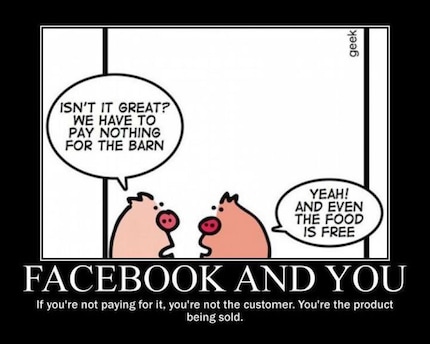
Rumours are still circulating that Microsoft wants to buy all rights to TikTok – that is, the entire app – in all markets. They were sown on Thursday 6 August 2020 by the Financial Times. The corporation has neither denied nor confirmed this by time of writing on 12 August 2020. Nevertheless, Microsoft's founder Bill Gates has commented on the situation and called social media a «poisoned chalice». But we can confirm that Microsoft wants to buy TikTok's US service.
Following a conversation between Microsoft CEO Satya Nadella and President Donald J. Trump, Microsoft is prepared to continue discussions to explore a purchase of TikTok in the United States.
The magazine Business Insider counters rumours that TikTok is to go completely to Microsoft. There an anonymous source stated on 6 August 2020 that the Financial Times report is completely wrong.
Whether Microsoft or another company rescues TikTok, or Donald Trump has to cancel his executive order, users of the video sharing app have only one thing to do: wait. As a product, the user base has no say in the decision-making process or chance to influence the procedure. In this sense: we will know more by 20 September 2020 at the latest.
Journalist. Author. Hacker. A storyteller searching for boundaries, secrets and taboos – putting the world to paper. Not because I can but because I can’t not.
Interesting facts about products, behind-the-scenes looks at manufacturers and deep-dives on interesting people.
Show all